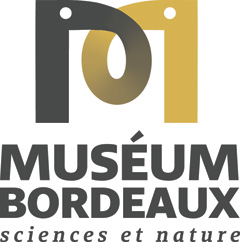Years 6-12
This workshop will teach children more about 'reptiles'* so they inspire feelings of caution and admiration rather than fear and repulsion. The diversity of their shapes and sizes and biological solutions they have adopted to adapt to a range of habitats make them all the more interesting.
A quiz will test children on their prior knowledge. Then a selection of stuffed specimens will be used to either confirm or contradict any popular beliefs the children may hold.
During the workshop, children will discover the specific traits of different reptiles.
- Turtles have a shell, usually covered in scales. They can live in fresh water, the sea and even on land.
- Crocodiles are large reptiles that have a muscular tail, legs attached to their sides, and a big head with a long flat snout.
- Lizards are the most diverse reptiles in terms of appearance and behaviour. They generally have four legs, a long tail and moveable eyelids. They can be found anywhere in the world, but most live in warm climates.
- Snakes have a long, slender body covered in scales, no legs and hundreds of vertebrae and ribs. Some species are extremely venomous but most are not.
Workshop aims:
- Describe and get to know tortoises, lizards, snakes, chameleons and crocodiles in more detail
- Learn about their diet, reproduction, movement and behaviour
- Learn about their place in nature and identify possible implications of their decline
- Learn some new words
During the workshop, the facilitator will present a slideshow and a selection from the Museum of Bordeaux collections including a host of stuffed specimens. Participants will also be introduced to learning resources specially devised for the workshop.
*A quick word about phylogenetic classification...
The term ‘reptile’ is actually now meaningless in the taxonomic sense. This point is raised in this session and developed further in the workshop about ‘Putting animals in order’.
To book a workshop of The Museum comes to you and on all administrative matters, the secretariat is listening to you.
By phone: 05 24 57 65 30
By e-mail: museum@mairie-bordeaux.fr





